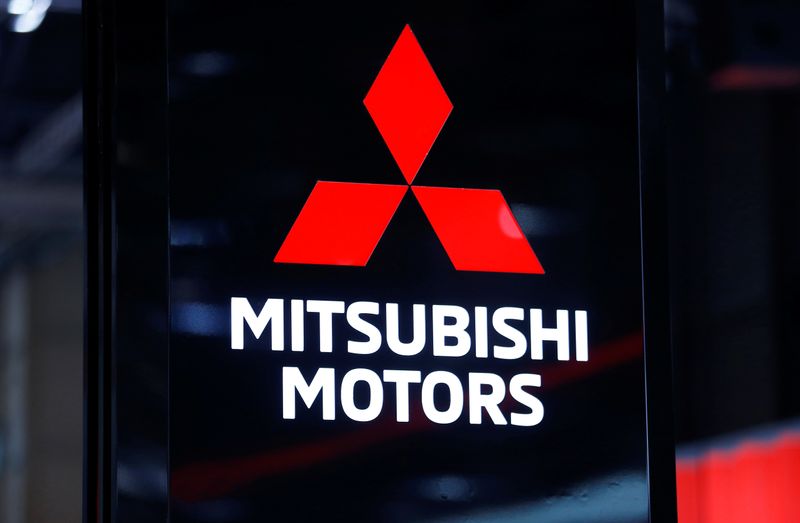FRANKFURT (Reuters) - Japanese carmaker Mitsubishi is being probed by German prosecutors for suspected use of illegal defeat devices installed in its diesel engines, the Frankfurt prosecutor's office said on Tuesday.
The Japanese carmaker is the latest manufacturer to be investigated on suspicion of hiding illegal levels of pollution following a regulatory clampdown on toxic fumes triggered by Volkswagen's 2015 admission that it had cheated emissions tests.
Carmakers used engine management software to detect when a car was undergoing an emissions test cycle, and throttled back toxic fumes to hide the vehicle's real-world pollution levels.
The prosecutor's office said in a statement that officials are investigating a member of staff at an international carmaker for fraud, as well as a unit of an international car dealership company, and two auto suppliers.
In a statement, Mitsubishi Motors said it had been informed about an investigation of its German distributor as well as of its European R&D facilities, also based in Germany, by local authorities.
"No further information is available at that stage. Mitsubishi Motors will of course collaborate and contribute to this investigation," the carmaker said.
Cars made by the company equipped with 1.6 liter and 2.2 liter four-cylinder diesel engines are being investigated over the possible use of an illegal defeat device, the prosecutor's office said.
Premises have been searched in Frankfurt, Hanover and Regensburg in Germany as part of the probe, it added.
German auto supplier Continental said it is a cooperating witness in the probe. Automotive supplier Bosch said it was not involved.
Bosch (ROBG.UL) last year agreed to pay a 90 million euro ($100.21 million) fine for lapses in supervisory duties which enabled carmakers to engage in emissions cheating.
Following Volkswagen's 2015 admission that it had rigged engine software with "defeat devices" to cheat U.S. diesel tests, several European states launched investigations.
They found on-the-road nitrogen oxide (NOx) emissions more than 10 times above regulatory limits for some Opel, Renault (PA:RENA) and Fiat Chrysler models, and widespread use of devices that reduce or shut down exhaust treatment during normal use.

French prosecutors opened criminal probes into Volkswagen (DE:VOWG_p), Renault, PSA Group and Fiat Chrysler in 2016-17 that remain ongoing.